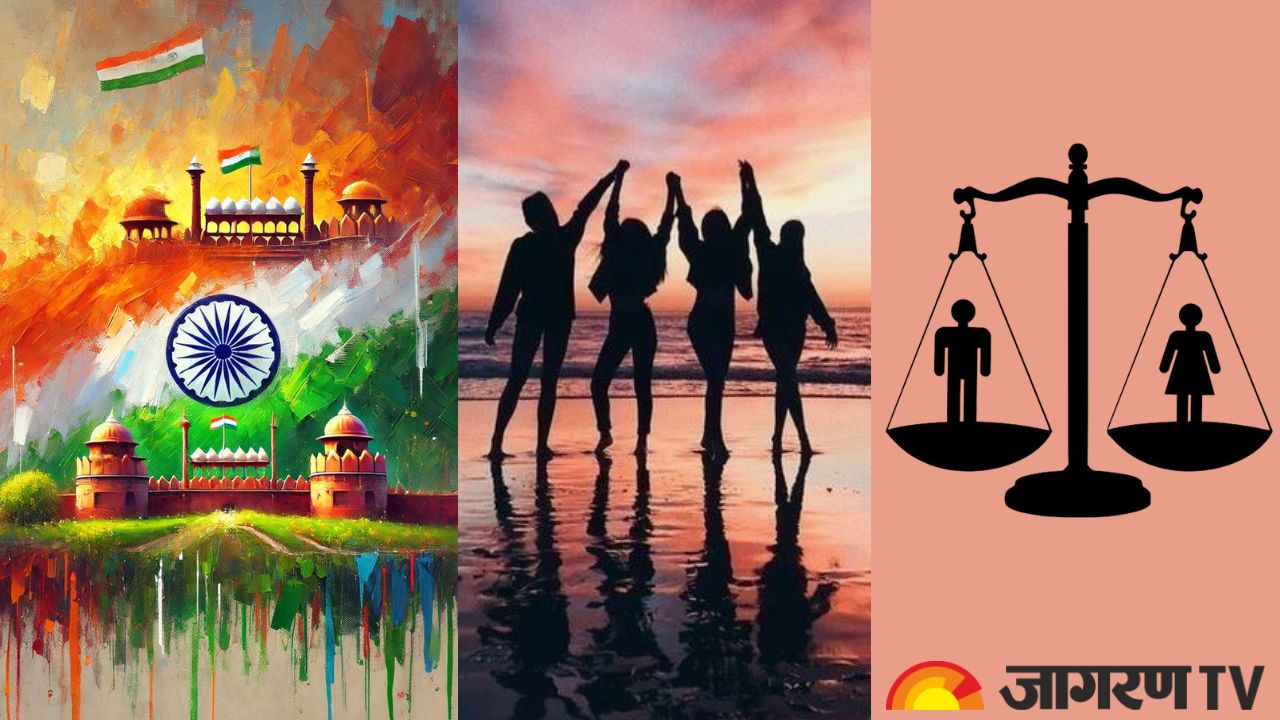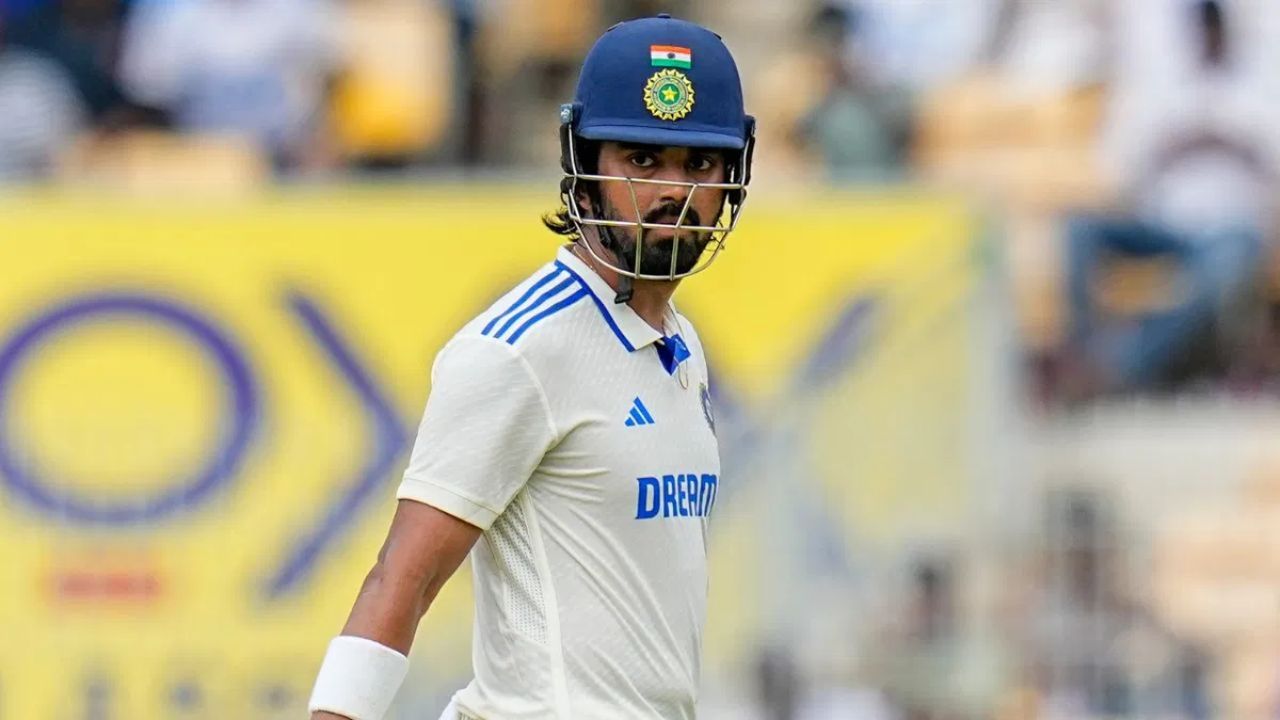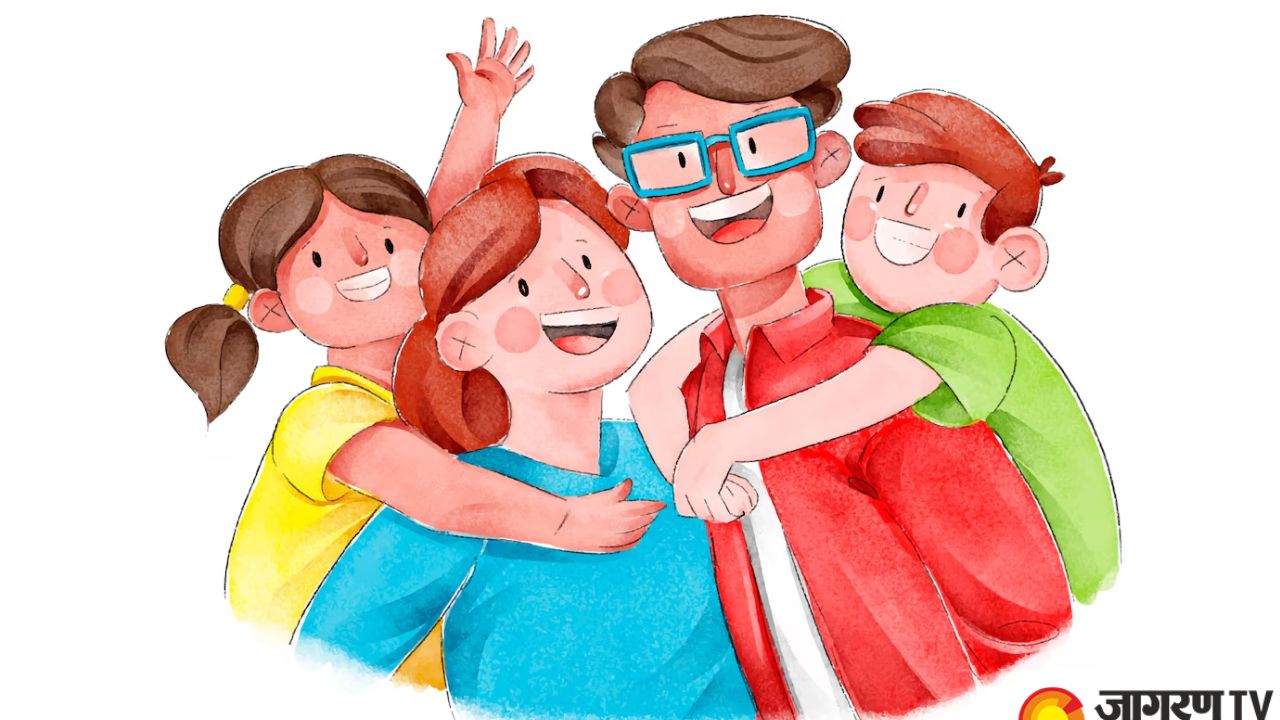National Dengue Day 2025: Common Myths and Truths Related to This Mosquito-Borne Disease You Must Know

National Dengue Day 2025: Dengue fever is a viral disease transmitted by mosquitoes. People may take dengue lightly, yet it is a serious illness that claims the lives of hundreds of people each year. Dengue fever causes a rapid drop in platelet count, which not only makes you physically weak but can possibly lead to death.
Every year on May 16th, India commemorates National Dengue Day, a day dedicated to raising awareness about dengue fever, a mosquito-borne viral disease that poses a serious public health risk. This day serves as a reminder that individuals, healthcare practitioners, and legislators must work together to limit the spread and effect of this devastating disease.
National Dengue Day 2025 Theme
The theme for National Dengue Day 2025 is “Act Early, Stop Dengue: Clean Environment, Healthy Life.” The topic focuses on dengue prevention and encourages us to take action early and keep the environment clean and healthy in order to reduce dengue.
Dengue Symptoms
Dengue symptoms usually occur 4-10 days after being bitten by an infected mosquito and might last between 2 and 7 days. Common symptoms include:
-
High fever
-
Severe headache
-
Severe muscular and joint pain
-
Nausea and vomiting.
-
Excessive sweating
-
Loss of appetite
-
Red rashes across the body, bleeding from the nose
What Causes Dengue?
Dengue is mostly caused by the bite of an Aedes mosquito infected with one of four dengue virus serotypes. The transmission cycle begins when a female Aedes mosquito bites a person infected with the dengue virus. The virus then multiplies in the mosquito's body for 8–12 days. Following this period, the mosquito is capable of spreading the virus to a healthy human by bite. It is worth noting that dengue cannot be transmitted directly from person to person. The mosquito serves as a vector, carrying and transmitting the virus.
Dengue Myths and Truth
Several myths and misconceptions surround dengue fever. Understanding the truths is crucial for effective prevention and management:
Myth 1
Dengue only affects children and elderly
Truth
Dengue can infect people of all ages. While elderly adults and children may have more severe symptoms due to weakened immune systems, Dengue can infect anyone, regardless of age, race, or gender.
Myth 2
You can only get dengue once
Truth
Aedes mosquitoes are active during the day, increasing the risk of Dengue transmission all day. Individuals should be cautious and take preventive measures against mosquito bites, regardless of previous Dengue infection.
Myth 3
Dengue is not serious
Truth
Dengue infection can take two forms: mild or plain dengue fever (DF) and severe or dengue hemorrhagic fever (DHF). Severe Dengue can cause serious symptoms, including high fever, severe internal bleeding, and a large decline in platelet count. Severe Dengue fever can be fatal if not treated right away.
Myth 4
Dengue mosquitoes prefer to bite people wearing dark clothes
Truth
Dark-coloured clothes, such as black or red, mixed with breath (CO2 emission), make it simpler for mosquitoes to attract and locate hosts. However, wearing light-coloured clothing may not always lower the risk of mosquito bites; instead, avoiding mosquito-infested regions and applying repellents are more effective preventive strategies.
Myth 5
Drinking papaya juice cures dengue
Truth
The papaya leaf extract is beneficial in the treatment of dengue. However, it cannot fully heal the condition. As a result, while this extract can be used in conjunction with other prescribed medications, it cannot be used alone to treat dengue. Furthermore, not all Dengue patients have low platelet counts, and treatment should aim to manage the entire spectrum of symptoms rather than just platelet levels.









